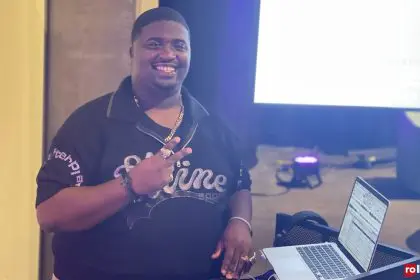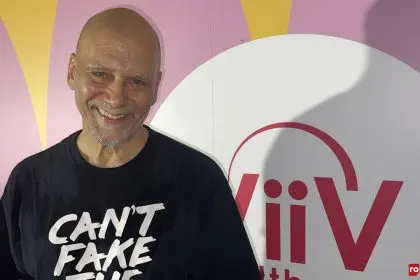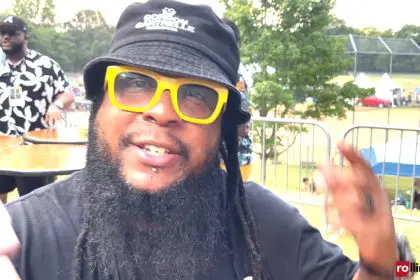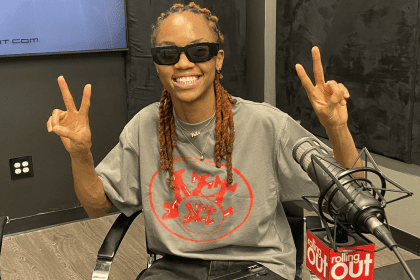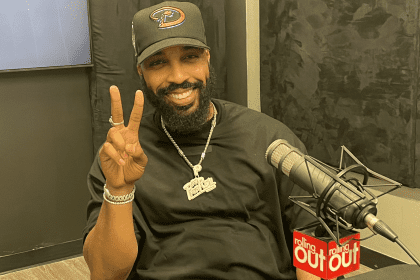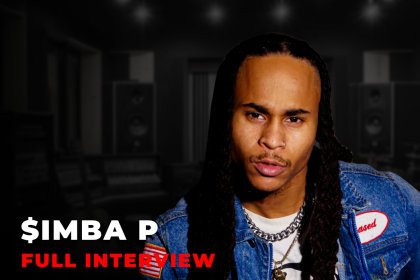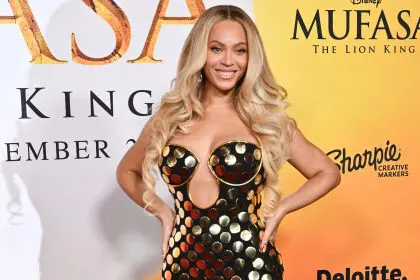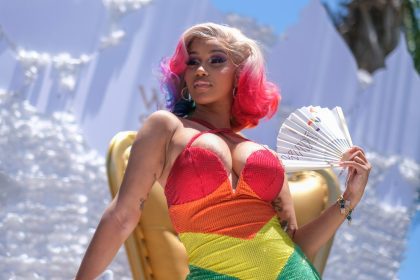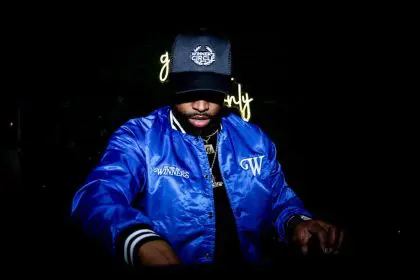Grammy Award-winning engineer Leslie Brathwaite has worked with Mary J. Blige, 2Pac, Notorious B.I.G, Beyoncé, and Cardi B, helping such artists curate some of their biggest hits.
Brathwaite spoke with rolling out about the evolution of music, being a mix engineer, and the importance of telling their stories through the music.
How has music changed over the years?
Music has changed drastically from how we create it, the way we consume it, the technology of it, the way it’s delivered, [to] the way it’s handled. We went [away] from completely analog, vinyl, cassettes, CDs, and physical things that you had to [put into players] you had to carry around [as] we moved into the digital era. [That] changed the way we consume music because now, on my phone, I can have every song I’ve ever consumed at my fingertips. [The] way we monetize music [is now] a different model. [You] don’t pay per song; it’s a subscription [for] the access and the convenience of listening to a song, [which] changes the way we create music because now everything is faster.
I can literally conceive, record, mix, and release a song in one day, and that’s fascinating. [Artists] can also make changes after a song is released. You can release a song, put it on a digital subscription service, and then the artist could decide a week later, “Hey, I want to change this vocal.” We can make a change and re-upload the change to the DSP as long as it’s the exact same length. It just changes the way we create, the way we monetize, and the way we consume. Everything has changed because of technology.
As a mix engineer, how can you cater different sounds to artists?
The key to that particular thing is to learn to see through their eyes. The key to that is every single artist I work with, it’s really not about just my vision; it’s about understanding what Beyoncé wants to accomplish, and then I can tell my story as a mixer, along with her story, but it’s about seeing the world through her eyes. I guess it’s like putting on a pair of glasses for every artist, and you’ll see the vision through a different lens. It’s about being able to calibrate to that lens and being able to understand what their vision is and how they want to tell their story. What are their quirks, what are the things they like, what are the things they don’t like? It’s really about acclimating to them and calibrating to them.
Why is it important for mixers and producers to tell their stories?
it’s a creative bubble. Every aspect of creativity, At the end of the day, in its raw bare bones forms, comes down to we are telling a story. So the artist is telling the story, the producer is telling the story, the mixer is telling the story, and everybody is participating in the general story being told, but also their own stories. It’s about [saying] through my mix, “Hey, I care about this work. I want you to hear it a certain way, and I want you to feel [it]. For me, my story is about feeling. We have a technical job, but I want you to listen to a record and feel something.

